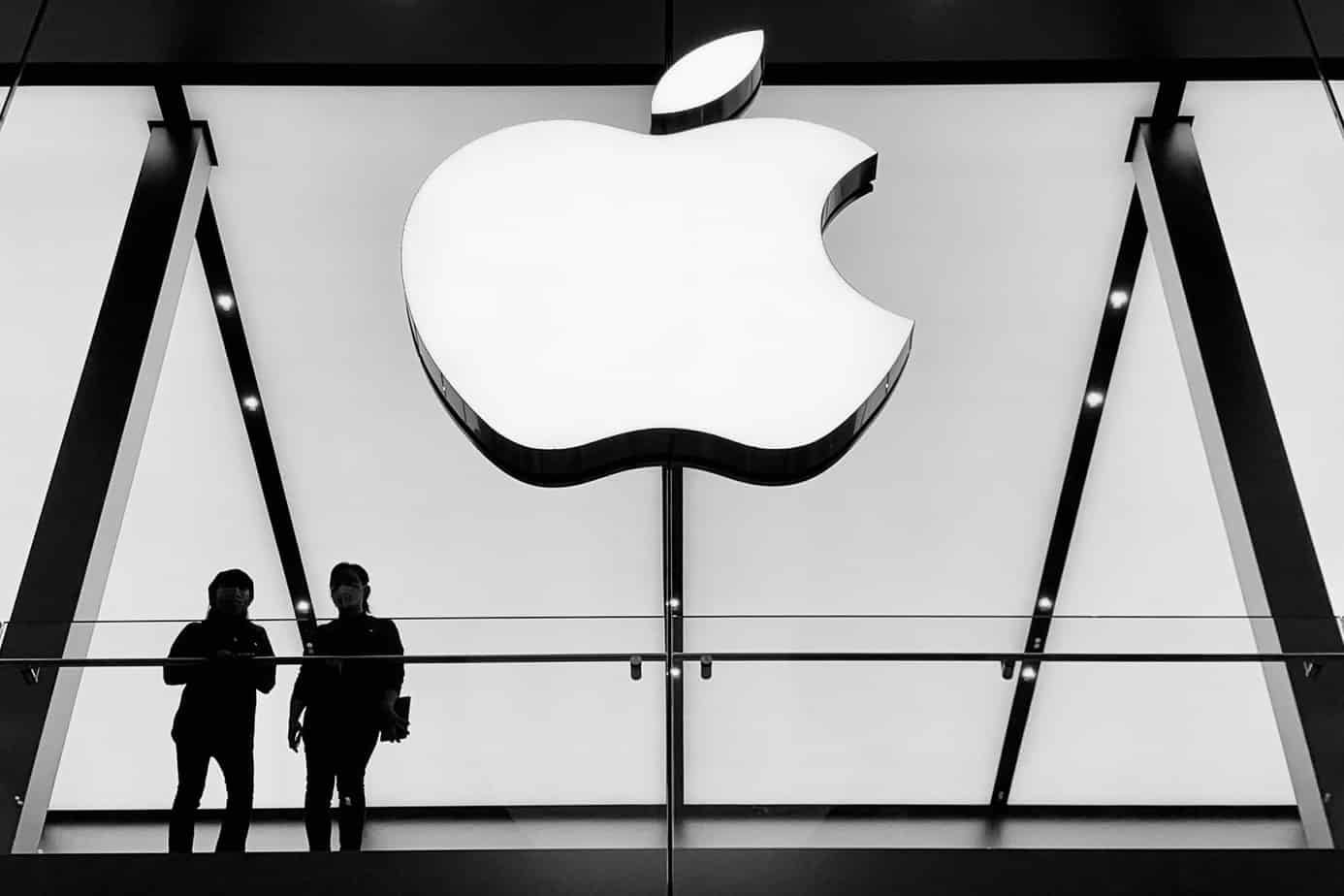It seems Apple is trying to interfere with letting Google Stadia and Microsoft’s xCloud enter the gaming space currently dominated by the company’s own Apple Arcade on iOS machines.
Apple aiming to make cloud gaming on iOS a complicated mess
According to some revised guidelines in Apple’s fine print, they’ve added a few stipulations that aim to create additional barriers for competitors to enter the gaming space and try to take away a slice of Apple’s pie.
Apple has already demonstrated monopolistic behavior by barring attempts of Project xCloud from entering the App Store.
You can read the full article here, but Daniel Ahmad does a great job of summarizing all the points below:
A basic summary of the above tweets is as follows:
- Every game on the cloud platform has to be separately approved by Apple
- Apple will still take their 30% cut for subscriptions bought through an iOS device
- Apple requires every game to have an individual listing that can be purchased or downloaded outside of the subscription service. This includes demo versions of the game.
With Apple implementing such harsh rules on future competitors, it will make gaming on iOS difficult for publishers to make their games accessible to one of the largest consumer bases in the world.
While rating services like PEGI, ESRB, CERO, and many other digital rating bodies do exist, Apple’s condition to approve of individual games coming on the platform comes off as draconian. Every game that is released under xCloud or Stadia already has their relevant age rating accompanying them, making Apple’s inspection of an individual game just another hurdle for a game to be released on time to the platform.
With cloud gaming a potential future of gaming with Google Stadia and Microsoft’s upcoming Project xCloud soon to enter the market, Apple is definitely demonstrating actions here that could land them in another anti-trust lawsuit.
As it stands, iOS players of Fortnite a few weeks ago still holds up. Even as the game has entered its latest Season, iOS fans on iPad and iPhones await for the eventual resolution of the problem to return playing.
We can only hope that Apple can learn to play along with others and accept competition head-first rather than taking measures to deter them.





